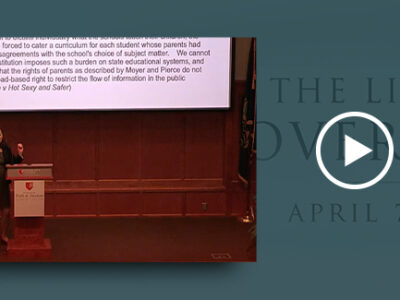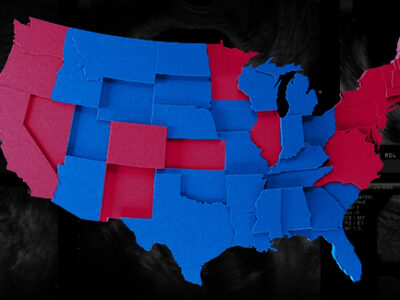Many Americans wonder why the United States isn’t more popular on the global stage. Why are our relations with allied countries often lukewarm, at best? After all, we saved the world from fascism in World War II and communism in the Cold War, right? Aren’t we the good guys? Well, as the commercial says, “not exactly.”
The reality is that we Americans have done things that have hurt our allies and/or caused them to lose trust in us. We have treated others in ways that we would protest and condemn if we had been on the receiving end of such actions. I’m not referring here to controversial issues such as U.S. military intervention or our periodic blunders of undiplomatic “diplomacy;” rather, the focus here is on the bread-and-butter issue of economics. The track record here is not pretty.
At the Bretton Woods conference in 1944, the United States agreed to let the U.S. dollar serve as the free world’s anchor of monetary stability. This was to be done by the “gold-exchange” system whereby the dollar would be backed by gold and foreign holders of paper dollars could redeem paper dollars for gold on demand.
In spite of the economic benefits—both to us and our trading partners—of facilitating trade by maintaining a noninflationary, fixed-exchange-rate currency, we didn’t uphold our end of the bargain. First, domestic political pressures resulted in inflationary federal spending, thereby depreciating the dollar. Our trading partners, naturally not wishing to incur losses from holding a depreciating currency, exercised their contractual right to redeem dollars for gold. Our response? President Nixon “shut the gold window,” unilaterally revoking the Bretton Woods agreement and terminating the gold-exchange standard, thereby inflicting periodic exchange-rate losses on multinational businesses here and abroad. Refusing to honor our solemn commitment and inflicting economic losses on our trading partners cost our country dearly in lost respect and damaged friendships.
We have sown additional ill will by reneging on our trade commitments. Our membership in the World Trade Organization has been hypocritical and at times hostile. We constantly accuse foreign competitors of dumping, even as we dump excess supplies into poorer countries. We expect other countries to abide by WTO rulings while we aren’t above defying those rulings when they go against us. We protest agricultural subsidies in Europe and Japan while increasing such subsidies at home. (Yes, those foreign subsidies are objectionable, but we should exercise leadership by example here, refusing to penalize the American people with higher taxes and higher prices simply because foreign governments are so penalizing their citizens.) We tell poor countries we want to help them develop economically, and then our actions contradict our words when we make it difficult for them to have access to our markets.
A vivid example of our reluctance to promote peaceful, wealth-building commerce with poorer countries was manifested in the congressional vote on CAFTA (the Central America Free Trade Agreement) a couple of years ago. It squeaked through the House of Representatives by a single vote. Think about how this looked to the people of Central American and the world: The United States of America, the world’s economic colossus, appeared afraid to open itself to economic competition from Central America. Does anybody really think that those economic “juggernauts” of Guatemala, Honduras, Nicaragua, et al., constitute a threat to us?
Today we see the same hesitancy to accept a free-trade agreement with Colombia—as if trade with Colombia is more than we can handle. American politicians, pandering to domestic special interest groups, want poor countries to open their markets to us while we exclude them from access to ours. Trade restrictions against relatively poor countries are the hostile acts of an economic bully. And then we wonder why those countries don’t obediently line up behind us at the United Nations. Incredible!
Trade policy hasn’t been the only way we have inflicted economic losses on foreign peoples in this decade. Wall Street has given our reputation a black eye. It has peddled toxic financial derivatives that are inflicting such massive losses here at home onto unsuspecting financial institutions abroad, inflicting serious losses on them. Foreigners trusted the integrity of our financial institutions, and then got taken to the cleaners. Should we be surprised that this hit-and-run financial hustle has produced resentment?
We have inflicted further economic losses with our weak-dollar policy. Foreigners have lent several trillion dollars to Americans, especially by financing much of Uncle Sam’s profligate spending. It is now becoming clear to them that we propose to “honor” those debts by repaying them in cheapened currency. We’re ripping them off. Can we really expect such a policy to win friends?
In short, we have not been on our best behavior as a global citizen. If we wish to create good will and win the respect, trust, and friendship of foreign peoples and governments, we will have to do a much better job of earning them.



